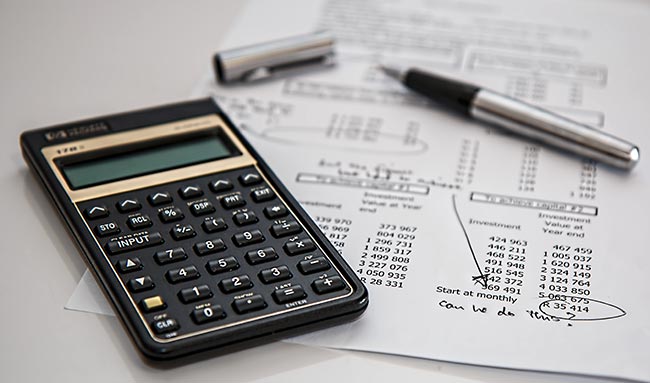
15 Feb 6 Popular Tax Deductions
By Mark T. Berry
In today’s big economy, more and more of us are working as independent contractors. That means we’re juggling multiple clients rather than collecting a paycheck from just one employer.
Fortunately, there are more opportunities for self-employed people to deduct business expenses on their taxes.
Here are the most common tax deductions you don’t want to miss.
1. Transportation and travel
If you use your personal vehicle to visit clients, make deliveries or otherwise carry out your work, you may be able to deduct some of your automobile-related expenses. The standard mileage rate changes from year to year, but for 2016, you can deduct 54 cents for every mile you drove your car for business purposes. If you’re traveling to a conference or a trade show out of town, your airfare, lodging and meals are also considered business expenses.
2. Home office
Using part of your house or apartment as a dedicated office space means you can take a home office deduction on your taxes. That means writing off a portion of your utilities, phone and internet, household maintenance and even cleaning expenses.
3. Retirement contributions
Since you’re not an employee, you don’t have access to an employer-sponsored retirement plan—or any kind of matching contribution. That’s why it’s extra important for freelancers and other contractors to take full advantage of tax-advantaged retirement accounts. The self-employed do have one big advantage when it comes to retirement savings—SEP-IRAs, which allow you to contribute up to 20% of your net income. That’s a higher limit than Traditional or Roth IRAs. You may also qualify for a tax credit if you contribute to a qualifying retirement plan.
4. Health care
Just like retirement, the self-employed are usually on their own when it comes to paying for health care. The premiums on your health insurance plan are often tax deductible, and under certain circumstances other medical expenses are as well.
5. Education and training
If you take classes, subscribe to professional magazines, or read books related to your business, all of that is a tax write-off. Make sure you save your receipts. But unless you’re a fashion consultant, Cosmo probably doesn’t count as a business expense.
6. Supplies and equipment
The tools of your trade are also deductible on your tax return. Things like toner cartridges, postage stamps, and small electronics are all fair game, as long as you’re using them for business. Larger purchases like furniture and computers may need to be depreciated over time, which means spreading out the tax deduction over several years’ tax returns.


